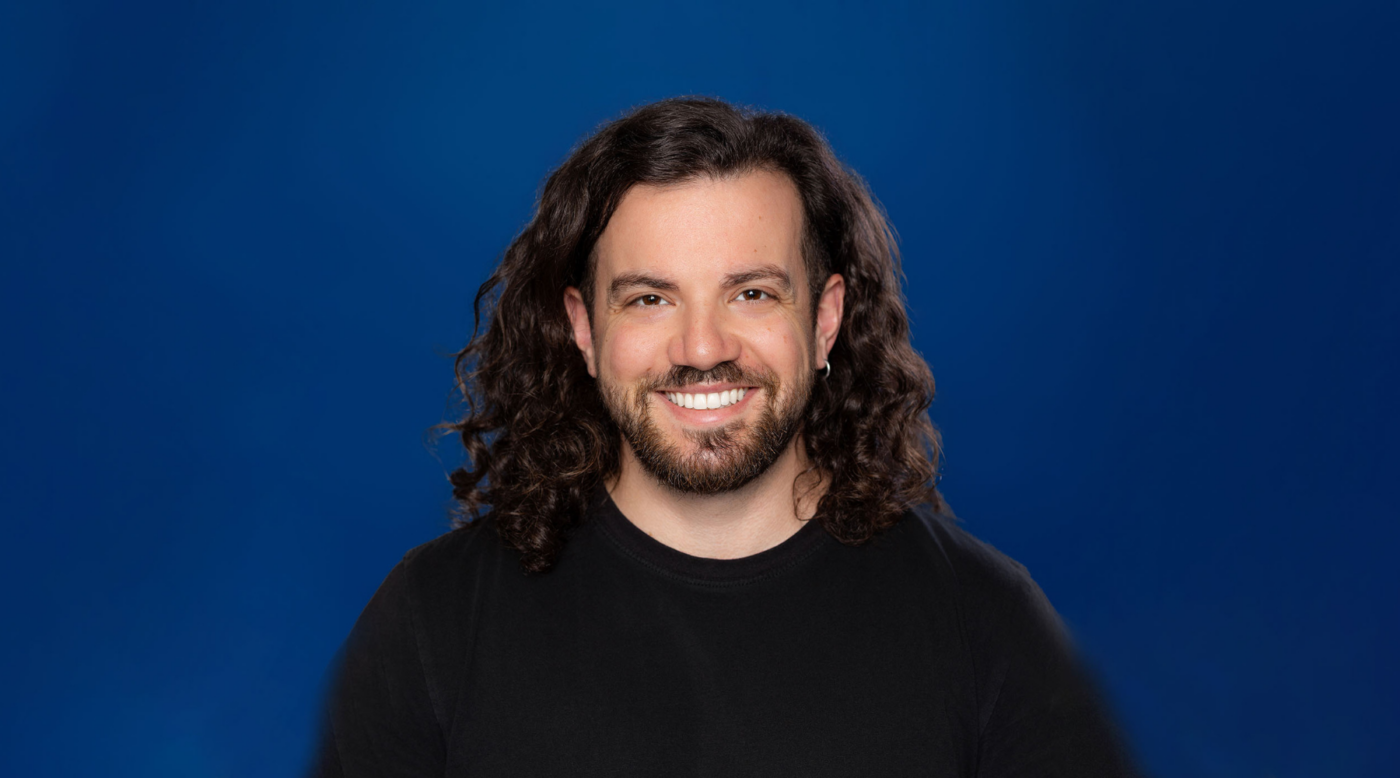News
Meet Olivier Mailhot, new Investigator at IRIC
Published on septembre 2, 2025
IRIC is proud to announce the arrival of Olivier Mailhot as a new Principal Investigator in the Computational Drug Discovery Research Unit. Professor Mailhot generously agreed to answer a few questions:
What led you to pursue research? And more specifically, cancer research?
Olivier Mailhot (O.M.): Since my early childhood, I have been fascinated by living organisms and by the idea that a tiny change (genetic, for example) in an organism can have dramatic consequences. Cancer research, particularly drug discovery, allows me to pursue this passion while serving a cause that is close to my heart and that affects a great many people.
How did you come to specialize in AI applied to drug discovery?
O.M.: After completing my PhD in bioinformatics here at the Université de Montréal, I joined Brian Shoichet’s laboratory at the University of California, San Francisco (UCSF) as a postdoctoral researcher. Dr. Shoichet is a world-renowned expert in computer-aided drug discovery, and his team pioneered the use of large-scale virtual screening to identify new molecules active against therapeutic targets. My work there allowed me to combine my bioinformatics skills with their cutting-edge computational chemistry approaches. I developed rational AI algorithms to accelerate the screening process, making it possible to evaluate trillions of molecules in a reasonable amount of time. This experience reinforced my belief that AI, when used properly, can transform drug discovery and make previously inaccessible treatments possible. This is what I am now pursuing at IRIC, developing tools that combine chemistry, structural biology, and artificial intelligence to advance oncology research.
How did IRIC’s model catch your attention?
O.M.: What attracted me to IRIC, in addition to the world-class research conducted there, was the highly collaborative atmosphere. IRIC brings together complementary expertise in biology, medicinal chemistry, pharmacology, and modeling under one roof, which facilitates truly interdisciplinary projects. For a computational drug discovery researcher like me, it’s the ideal environment to quickly move from prediction to experimental validation and to transform innovative ideas into concrete advances against cancer.
What is your greatest wish for the coming years?
O.M.: I hope that the extraordinary advances we are currently seeing in computational drug discovery will lead to more and more affordable treatments for as many diseases as possible, including, of course, cancer.
